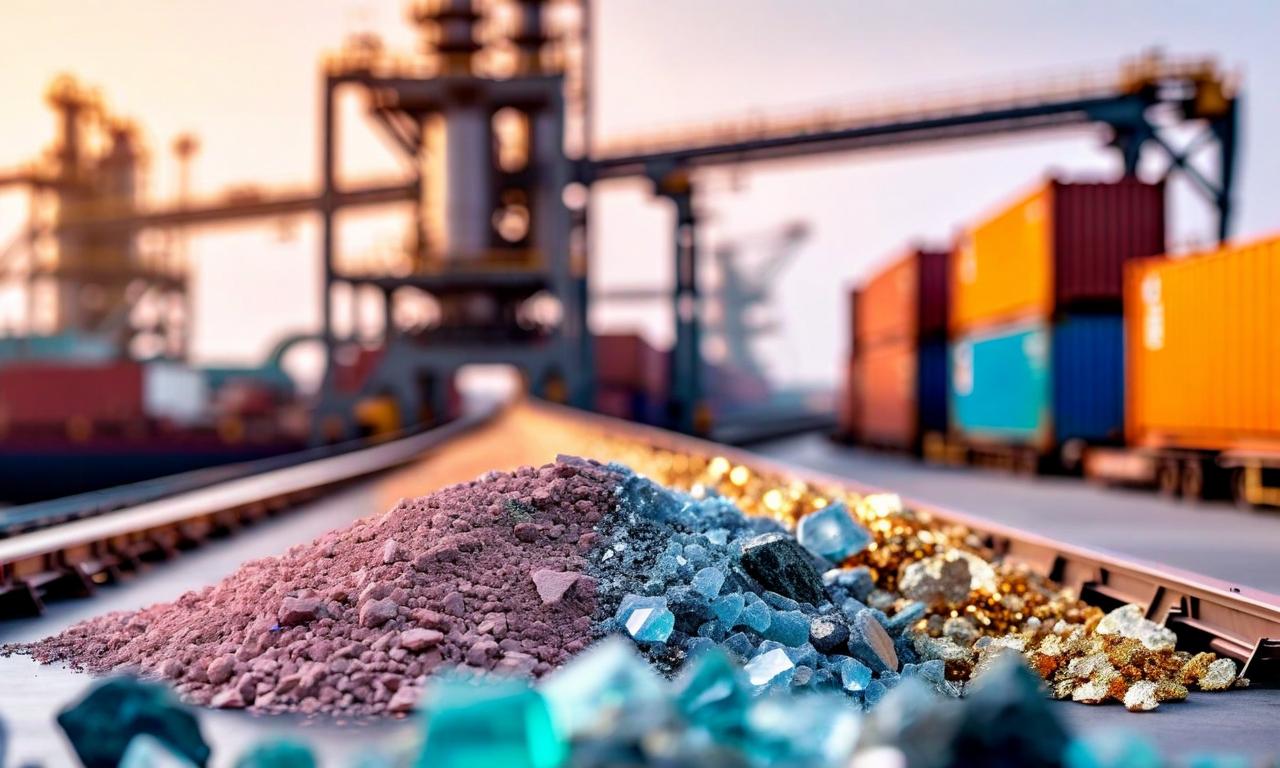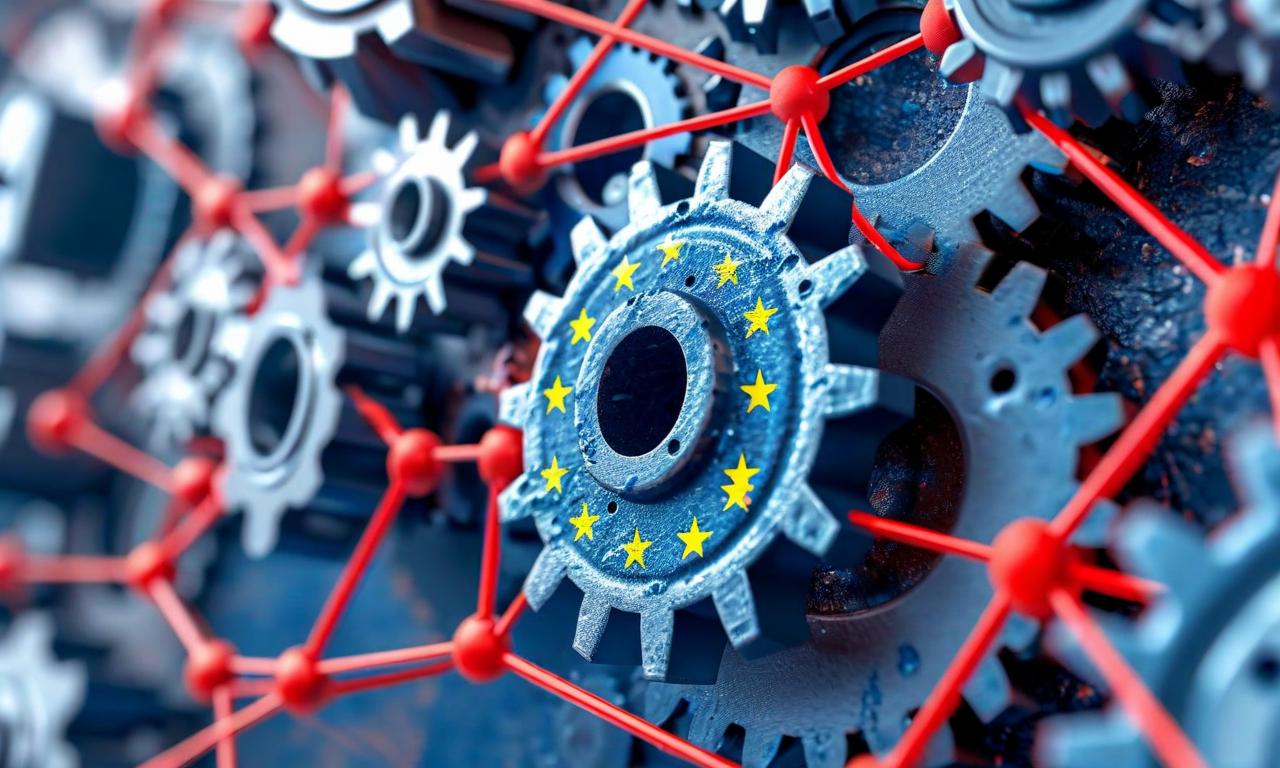EU Weighs Options to Counter China's Rare Earth Export Controls
The EU is evaluating responses to China's tightened export controls on rare earths and battery materials. European Commission President Ursula von der Leyen highlighted that 90% of Europe's rare earth magnet consumption comes from Chinese imports. The EU's approach includes diplomatic dialogue, preparedness to use all available instruments, and potential coordination with G-7 partners. French President Emmanuel Macron suggested considering the EU's anti-coercion instrument (ACI) if diplomacy fails. The situation underscores complex global supply chain interdependencies in critical sectors.

*this image is generated using AI for illustrative purposes only.
The European Union is considering a range of responses to China's tightened export controls on rare earths and battery materials, according to European Commission President Ursula von der Leyen. This development highlights the growing tension between the EU and China over critical resources.
The Challenge
Von der Leyen emphasized the significance of the issue, noting that 90% of Europe's rare earth magnet consumption is sourced from Chinese imports. The recent restrictions imposed by China pose a substantial risk to the EU's supply chain and industrial capabilities.
EU's Approach
The EU's strategy to address this challenge is multifaceted:
- Dialogue: The initial focus is on finding solutions through diplomatic channels with Chinese counterparts.
- Preparedness: Von der Leyen indicated readiness to utilize all available instruments if needed.
- Coordination: The EU is prepared to work with G-7 partners in response to China's actions.
Potential Measures
French President Emmanuel Macron has suggested a more assertive approach. He proposed considering the use of the EU's anti-coercion instrument (ACI) against China if diplomatic efforts fail to resolve the issue.
| Measure | Description | Status |
|---|---|---|
| Dialogue | Seeking solutions through diplomatic channels | Initial focus |
| ACI | EU's powerful trade tool to respond to coercive actions | Under consideration |
| G-7 Coordination | Coordinated response with G-7 partners | Prepared if needed |
The Anti-Coercion Instrument (ACI)
The ACI represents the EU's most potent trade tool, designed specifically to counter deliberate coercive actions from third countries. However, it's worth noting that this instrument has never been deployed before, making its potential use against China a significant step.
Implications
This situation underscores the complex interdependencies in global supply chains, particularly in critical sectors like rare earth elements and battery materials. The EU's response to China's export controls could have far-reaching consequences for international trade relations and the global technology industry.
As the situation develops, the EU's actions will be closely watched by global markets and policymakers alike. The outcome of this tension between the EU and China could set important precedents for how nations navigate resource dependencies and trade disputes in an increasingly interconnected world.



























